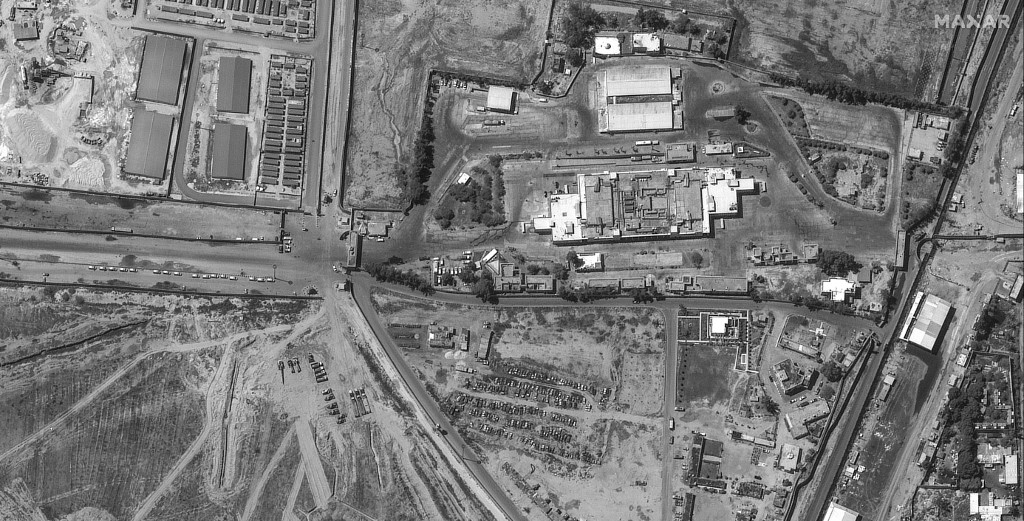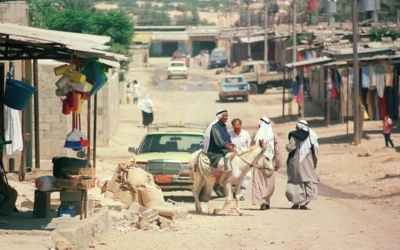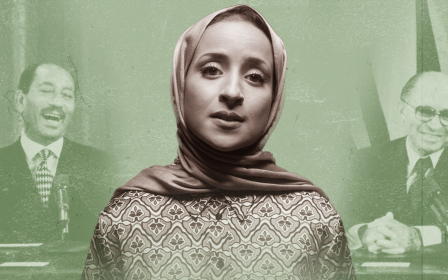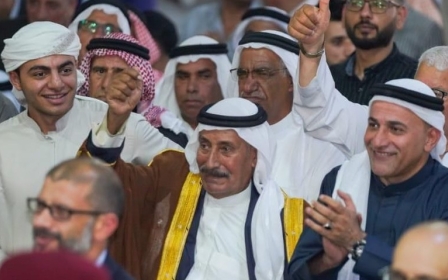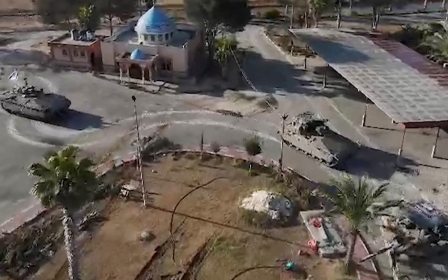Rafah invasion: Did Israel coordinate with Egypt before reoccupying the crossing?
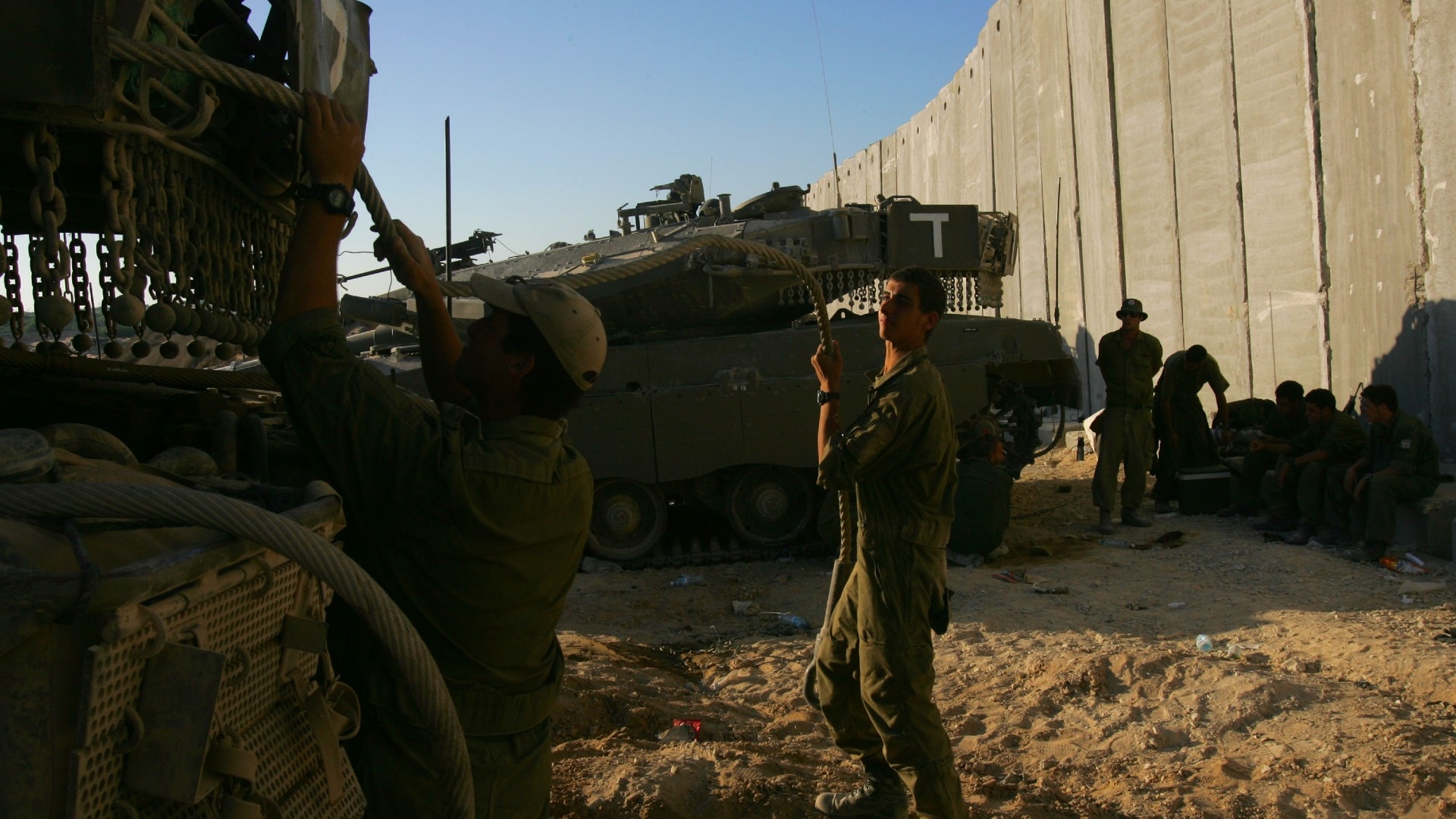
As the Israeli army announced it had seized control of the Palestinian side of the Rafah crossing, questions have been raised about whether Israel has violated key agreements with Egypt and what level of coordination might have taken place with Cairo.
If carried out without Egypt's consent, Israel's control of the Rafah crossing may present a threat to a September 2005 agreement with Egypt, known as the Philadelphi Accord and the 1979 Egypt-Israel peace treaty.
The 2005 accord, signed prior to Israel's military withdrawal from Gaza that year, established the Philadelphi Corridor: a 14-km long, 100-metre-wide buffer zone along the entire border between Gaza and Egypt. The corridor was established in a 3km-wide area, known as Zone D, that the 1979 pact made demilitarised.
Under the Philadelphi Accord, Egypt is allowed to deploy 750 border guards to patrol the border along the corridor for counterterrorism and non-military purposes, including the prevention of smuggling and infiltration across the border.
According to the 1979 peace treaty, Israel is only allowed to deploy a limited force of four infantry battalions, their military installations and field fortifications, along with UN observers. It not allowed, however, to deploy tanks, artillery and anti-aircraft missiles except individual surface-to-air missiles. Any change of these terms would require mutual agreement between Egypt and Israel, according to the treaty.
New MEE newsletter: Jerusalem Dispatch
Sign up to get the latest insights and analysis on Israel-Palestine, alongside Turkey Unpacked and other MEE newsletters
Likewise, the Philadelphi Accord requires mutual agreement to amend its terms. It also stipulates that Egypt and Israel would establish a coordination and liaison system for real-time exchange of intelligence between the two sides.
'Serious escalation'
It is unclear whether any coordination took place prior to Tuesday's occupation of the crossing, which essentially gives Israel control of the Philadelphi Corridor for the first time since Israel's military withdrawal from Gaza in 2005.
In January, Israeli Prime Minister Benjamin Netanyahu declared that Israel must reoccupy the corridor as part of his government's campaign against Hamas. "The Philadelphi Corridor - or to put it more correctly, the southern stoppage point [of Gaza] - must be in our hands," he said.
"It must be shut. It is clear that any other arrangement would not ensure the demilitarisation that we seek."
In response, the Egyptian government said reoccupation of the corridor would violate the peace treaty.
An Egyptian military source told Middle East Eye: "There has been no operational coordination regarding the invasion of Rafah."
"However, officials from the Egyptian and Israeli military maintain constant contact to ensure the strategic security of both sides," the source said on condition of anonymity.
The source added that Cairo views the invasion of Rafah crossing as a "serious escalation but not a surprise".
"This military action jeopardises the entry of aid to one million Palestinians, as the Rafah crossing is the safest and most well-structured route for food and water delivery to Gaza," the source told MEE.
Egypt has not officially commented on whether Israel has breached the peace treaty or the 2005 agreement. On Tuesday, the foreign ministry only condemned Israel's invasion of Rafah as a threat to ceasefire efforts.
International Crisis Group analyst Joost Hiltermann pointed out that seizing the Philadelphi Corridor is a violation of the 2005 agreement, which is considered an addendum to the 1979 treaty.
'It is doubtful that the Egyptians would have greenlighted this'
- Joost Hiltermann, analyst
"It is doubtful that the Egyptians would have greenlighted this," he told MEE.
The chairman of the parliamentary defence and national security committee, Major General Ahmed al-Awadi, said on Monday that Israel’s occupation of the Rafah crossing and Philadelphi Corridor without Egypt's consent would be a clear breach of bilateral agreements.
“Israel’s approaching the Philadelphi Corridor is a grave risk and an indirect threat to Egypt, even if it does not advance toward Egyptian territory,” he said.
Egypt's foreign minister, Sameh Shoukri, has previously insisted that the peace treaty with Israel would not be suspended, even after repeated Israeli threats to invade Rafah during the war on Gaza.
A divided city
Rafah was historically one city until a border between Egypt and the Gaza Strip was created in 1906, splitting Rafah into a Palestinian side controlled by the Ottomans and a British-controlled Egyptian side.
Following the 1967 Middle East war and Israel's occupation of the Sinai peninsula and the Gaza Strip, Rafah became one city under Israeli control.
The 1979 peace treaty, however, led to Israel's withdrawal from Sinai and subsequent creation of the Rafah border, again splitting the city into two sides, roughly along the 1906 boundary.
Israel withdrew its forces and about 8,000 settlers from the Gaza Strip in 2005, but as it remained in control of the territory it continues to occupy the enclave under international law.
When it withdrew from Gaza, Israel jointly controlled the Rafah crossing under the Agreement on Movement and Access (AMA) with the Palestinian Authority.
The AMA remained in effect until it was suspended by Israel in 2007, when Hamas took control of Gaza from its rival Palestinian faction Fatah and became the de facto ruler there.
Between then and Tuesday, the Rafah border crossing has been under the joint control of Egypt and Hamas authorities in Gaza.
The Egyptian side of Rafah falls within Zone C of the 1979 treaty, which only allows for the deployment of a civilian police force armed with light weapons, as well as UN peacekeepers.
Israel has allowed exceptions to this provision over the past decade, however, with Egyptian President Abdel Fattah el-Sisi's government deploying troops to the area to fight an insurgency.
*Shahenda Naguib contributed to this report from Cairo.
Middle East Eye delivers independent and unrivalled coverage and analysis of the Middle East, North Africa and beyond. To learn more about republishing this content and the associated fees, please fill out this form. More about MEE can be found here.


